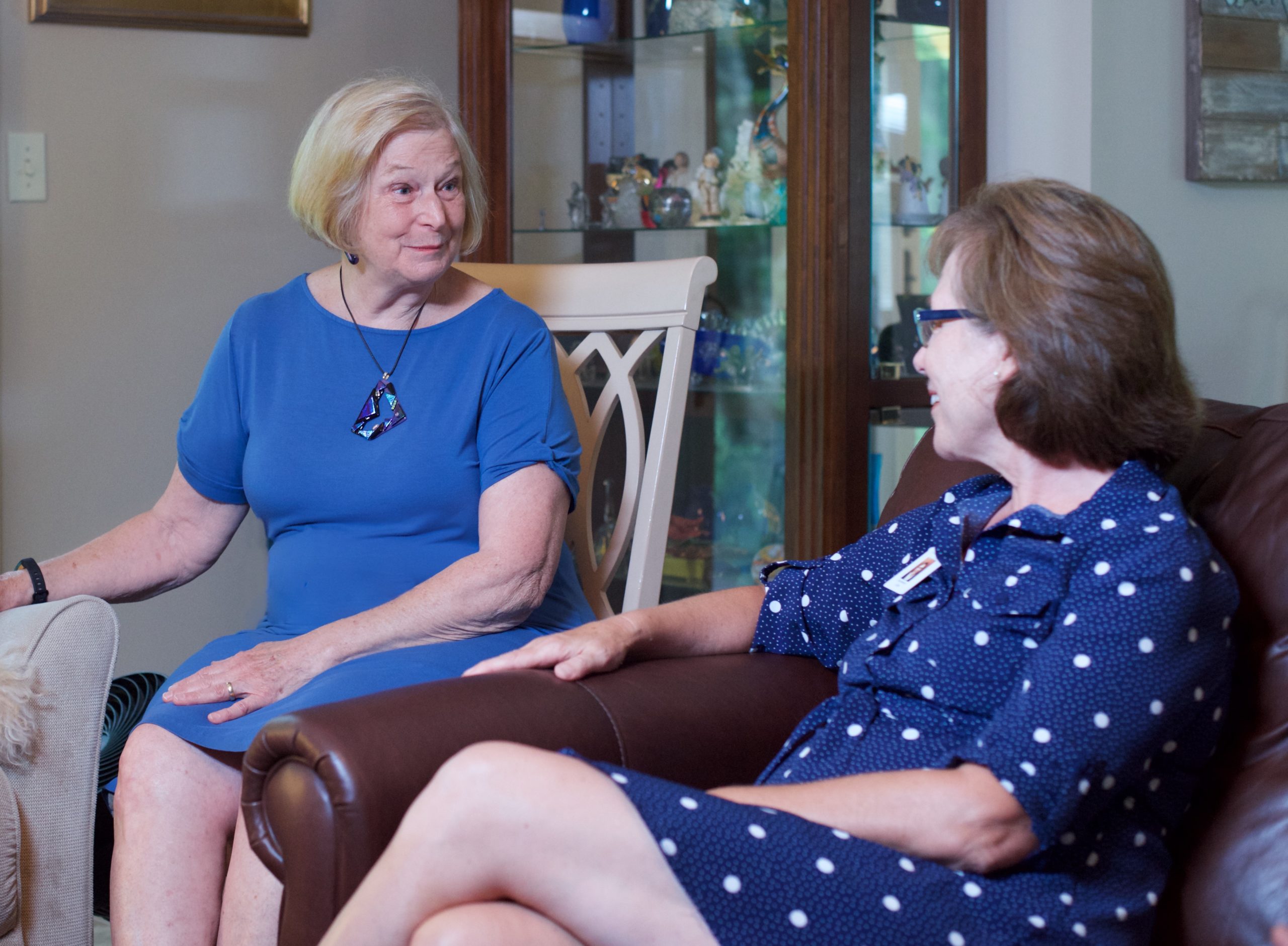Having the Care Conversation
Planning ahead can be both exciting and satisfying, especially when it involves something you’re looking forward to, like a fabulous vacation or a good nap! At other times, however, it introduces topics that can be sensitive or difficult. Take, for example, the ‘care conversation.’
“The most important and helpful action that adult children can take is to talk candidly and honestly about care options, while their parents are still relatively healthy,” says Deirdre Sommerer, LPN, MS, RVNA’s Home Health Aide Supervisor. “The more that adult children understand about their parents’ wishes, the better prepared they will be to manage declining health, which oftentimes comes with complicated decisions. It’s the ‘not knowing’ that appears to burden adult children – they’re left with a tremendous responsibility to make decisions about health care and finances.”
While the lucky among us may not require care as we age, statistics suggest that most of us will need some level of help. As of 2010, the number of Americans age 85+ had reached 5.5 million and it’s the fastest growing age group of elders.
“The most important and helpful action that adult children can take is to talk candidly and honestly about care options, while their parents are still relatively healthy.”
Deirdre Sommerer, LPN, MS, RVNA
There are many resources that recommend topics to cover in a care conversation, including options and types of care; timing and preferences; legal and financial considerations; planning and preparing. “Having the care conversation empowers an individual to play a role in later decisions about their care and their life,” continues Sommerer, “and it empowers the family members who are responsible for overseeing their care. It’s a true gift to all parties.”
The following links provide helpful information on having the Care Conversation:


